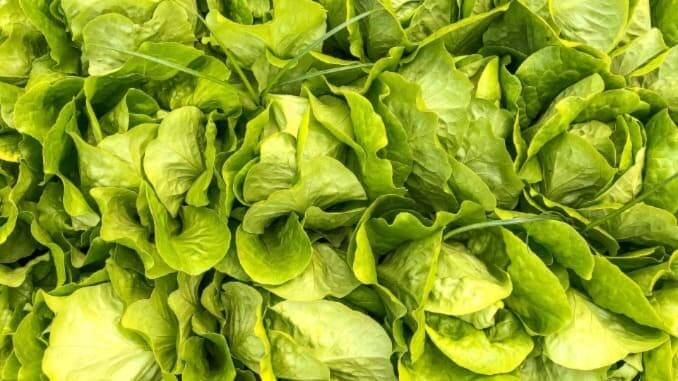How Do Leafy Greens Get Contaminated With E. Coli?
Photo by Mel Elías/Unsplash
You’ve seen the warnings, read the headlines. It seems like every few months or so, we hear of yet another E. coli outbreak or scare. Much of the time, it’s linked to lettuce, spinach or some other type of leafy green. In August of 2022, an E. coli outbreak was thought to be linked to Wendy’s lettuce. January of the same year saw another outbreak, this time believed to be caused by spinach. In the fall of 2020, yet another outbreak was linked simply to “leafy greens.” So, why are our salads so often responsible for food safety scares?
To understand why we keep seeing these kinds of outbreaks stemming from contaminated greens, we have to take a closer look at what E. coli is. E. coli is a variety of bacteria that’s usually found in animal (including human) intestines, but not all types of E. coli are harmful to humans. In fact, of the over 700 different kinds of E. coli, the vast majority won’t cause illness. Some result in mild abdominal upset or diarrhea. But other types of E. coli produce a toxin called Shiga, which can cause serious damage to our organs. This toxin attacks the intestines and kidneys, sometimes resulting in a disease called hemolytic uremic syndrome. HUS can be fatal, particularly for young children.
In years past, E. coli outbreaks were mostly attributed to ground beef products. When a cow is slaughtered, contaminants from the intestines can be spread throughout the animal’s flesh. In the case of ground beef, meat from many animals is typically mixed together. That means that if one cow is improperly slaughtered and contaminated with Shiga-producing E. coli bacteria, it can contaminate all the other meat it’s processed with. For years, the presence of dangerous E. coli in ground beef was just a given in the beef industry, but in the early ‘90s, when an E. coli outbreak linked to Jack in the Box hamburgers sickened over 700 people and killed four children, the USDA regulated the industry, declaring that beef could no longer contain any Shiga-producing E. coli bacteria at all.
-

-

-

-

- Curated Home Page Articles By Test Admin October 21, 2025 | 3:10pm
-

- Curated Home Page Articles By Test Admin October 21, 2025 | 2:57pm
- Urls By Test Admin October 21, 2025 | 2:57pm
- Curated Home Page Articles By Test Admin October 21, 2025 | 2:55pm
-

-

-

-

-

-

-

-

-

-

-

-

-

-

-

-

-

-

-

-

-

-

-

-

-

-

-

-

-

-

-




































